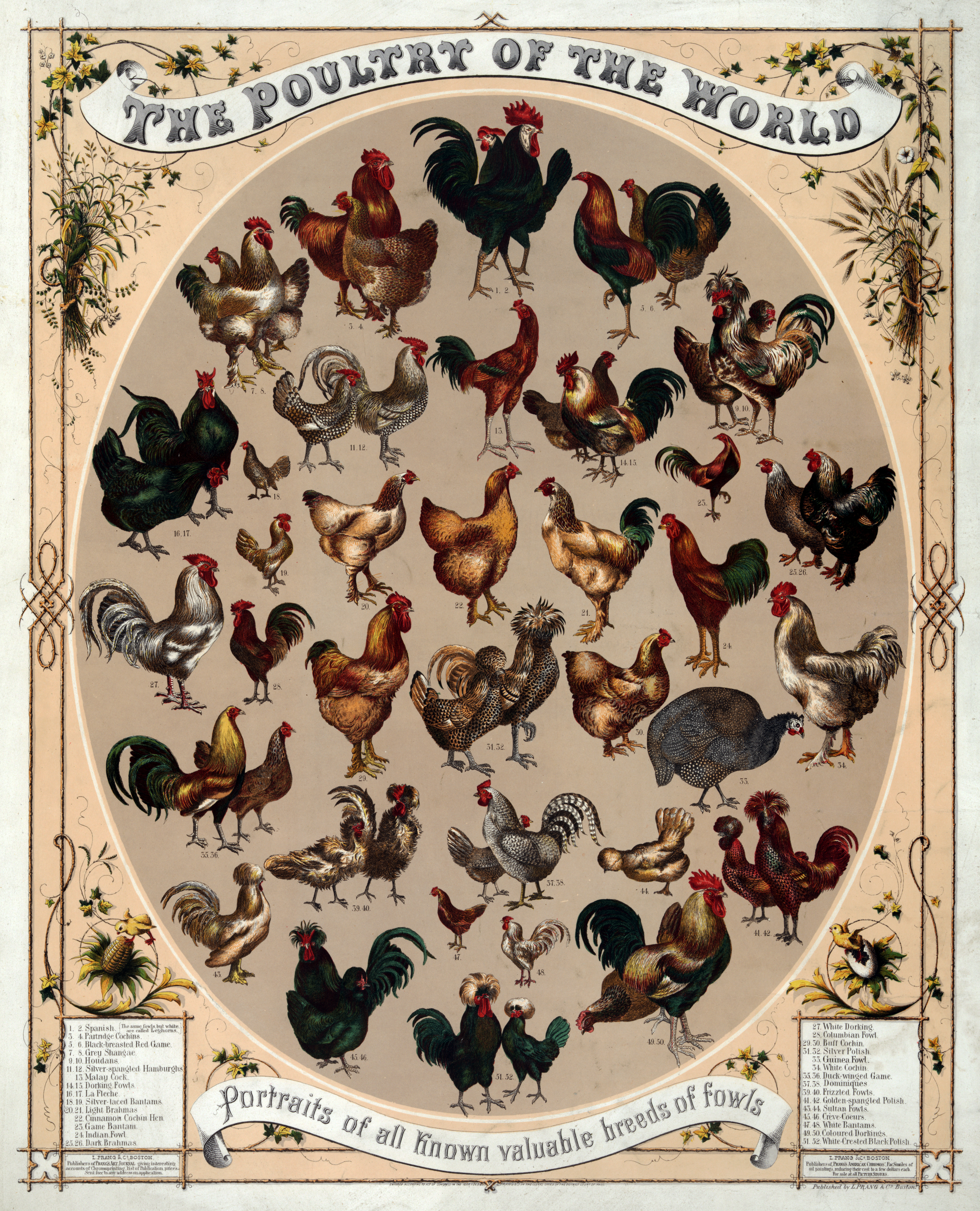|
Pollotarianism
Pollotarianism is the practice of adhering to a diet that incorporates poultry as the only source of meat in an otherwise vegetarian diet. While ''pollo'' specifically means chicken in both Spanish and in Italian (with ''pollame'' meaning poultry in general in Italian), pollotarians are known to incorporate different forms of poultry, like duck and turkey in their diet. Pollotarians may also eat dairy products. The term "pollo-vegetarian" was first used in nutritional textbooks in the 1980s to describe a semi-vegetarian diet that incorporates poultry. Historian Rod Preece describes pollotarians as "those who refrain from mammals but are willing to eat the flesh of birds notably chickens." Examples Chauncey Depew was a pollotarian. In a 1925 interview aged 90, Depew stated that "For thirty years the only meat I've eaten has been poultry". See also *Duck as food *Turkey as food *Chicken as food *Pescatarianism Pescetarianism (; sometimes spelled pescatarianism) is the pra ... [...More Info...] [...Related Items...] OR: [Wikipedia] [Google] [Baidu] |
Poultry
Poultry () are domesticated birds kept by humans for their eggs, their meat or their feathers. These birds are most typically members of the superorder Galloanserae (fowl), especially the order Galliformes (which includes chickens, quails, and turkeys). The term also includes birds that are killed for their meat, such as the young of pigeons (known as squabs) but does not include similar wild birds hunted for sport or food and known as game. The word "poultry" comes from the French/Norman word ''poule'', itself derived from the Latin word ''pullus'', which means "small animal". Recent genomic study involving the four extant Junglefowl species reveals that the domestication of chicken, the most populous poultry species, occurred around 8,000 years ago in Southeast Asia - although this was previously believed to have occurred later - around 5,400 years ago - in Southeast Asia. The process may have originally occurred as a result of people hatching and rearing young birds fro ... [...More Info...] [...Related Items...] OR: [Wikipedia] [Google] [Baidu] |
Poultry
Poultry () are domesticated birds kept by humans for their eggs, their meat or their feathers. These birds are most typically members of the superorder Galloanserae (fowl), especially the order Galliformes (which includes chickens, quails, and turkeys). The term also includes birds that are killed for their meat, such as the young of pigeons (known as squabs) but does not include similar wild birds hunted for sport or food and known as game. The word "poultry" comes from the French/Norman word ''poule'', itself derived from the Latin word ''pullus'', which means "small animal". Recent genomic study involving the four extant Junglefowl species reveals that the domestication of chicken, the most populous poultry species, occurred around 8,000 years ago in Southeast Asia - although this was previously believed to have occurred later - around 5,400 years ago - in Southeast Asia. The process may have originally occurred as a result of people hatching and rearing young birds fro ... [...More Info...] [...Related Items...] OR: [Wikipedia] [Google] [Baidu] |
Chicken And Vegetables
The chicken (''Gallus gallus domesticus'') is a domesticated junglefowl species, with attributes of wild species such as the grey and the Ceylon junglefowl that are originally from Southeastern Asia. Rooster or cock is a term for an adult male bird, and a younger male may be called a cockerel. A male that has been castrated is a capon. An adult female bird is called a hen and a sexually immature female is called a pullet. Humans now keep chickens primarily as a source of food (consuming both their meat and eggs) and as pets. Traditionally they were also bred for cockfighting, which is still practiced in some places. Chickens are one of the most common and widespread domestic animals, with a total population of 23.7 billion , up from more than 19 billion in 2011. There are more chickens in the world than any other bird. There are numerous cultural references to chickens – in myth, folklore and religion, and in language and literature. Genetic studies have pointed to multip ... [...More Info...] [...Related Items...] OR: [Wikipedia] [Google] [Baidu] |



